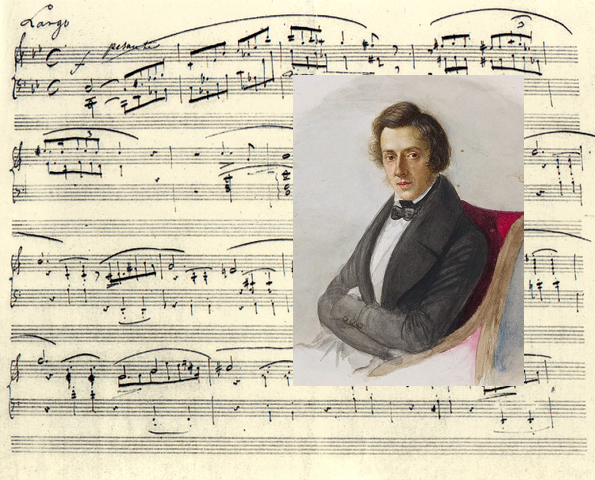MARCH 15, 2022 – In Belgrade I stayed at a youth hostel some distance from the center of town. If the hostel itself was a gray, weary building, the birds around it sang their hearts out. I’d never heard such a beautiful, sustained, high-volume aviary chorus. Among the other hostelers were (1) a recent (American) graduate of Bates College, an hour’s drive from my alma mater, and who was notable for being the only American I met in Yugoslavia; and (2) Two young Australian women—one named Urszula—on a long journey to Poland.
Urszula’s parents were Polish, and her father was a survivor of Auschwitz. She exhibited the same passionate patriotism featured in so many of my later conversations with Poles. Well-versed in the tragic story of her forebears’ country, Urszula opened the door to what would become my own abiding interest in Polish history. She also spoke Russian fluently, which gave her a good handle on Serbian.
The four of us—two Australians, two Americans—explored Belgrade together, with Urszula serving as interpreter and guide, particularly inside several notable and fully functioning, stunningly beautiful Orthodox churches.
My association with these fellow sojourners led to one of the most remarkable experiences of my Grand Odyssey. Late one morning we’d stopped at a sidewalk café. While we sipped our coffee, I noticed a group of young people—violin cases and sheet music in hand—exit a nearby building and settle in at an adjacent café along the sidewalk. Being starved for classical music, I immediately approached them and asked if any spoke English. In a letter home I recounted the exchange that followed:
“‘Oh yes, yes,’ came the happy reply—to my surprise since English is not widely understood in Yugoslavia. ‘Where are you from?’
“‘America.’
“‘America!’ one exclaimed. ‘Oh, wonderful!’ he clapped his hands. ‘We like America so much! Are you from New York or Hollywood?’”
If “America”—sparked conversation, music fueled it. Within seconds I learned that these people were students at a nearby conservatory, and in short order, my traveling companions and I were invited to an impromptu recital. We were shown to the music school, where we climbed a narrow flight of stairs and assembled in a small studio equipped with a performance-grade grand piano. With quick unanimity, our hosts appointed “Sonja” to play. With poise and brilliance, she performed Chopin’s Ballade in g minor.
Our raucous applause caught the attention of a disapproving instructor from down the hallway. I didn’t need to know Serbian to understand his command: “Scram!”
As I recounted in the letter home, “Sonja hardly blinked. ‘Come to my home,’ she said. ‘I have a much better piano, anyway.’”
We regrouped on the sidewalk outside the conservatory, where several of the students bade farewell, as did my own traveling companions, who had errands to run before catching a late afternoon train. Sonja then led the way to her family’s flat a few blocks away—four of her friends and I following apace.
(Remember to subscribe to this blog and receive notifications of new posts by email.)
© 2022 by Eric Nilsson
